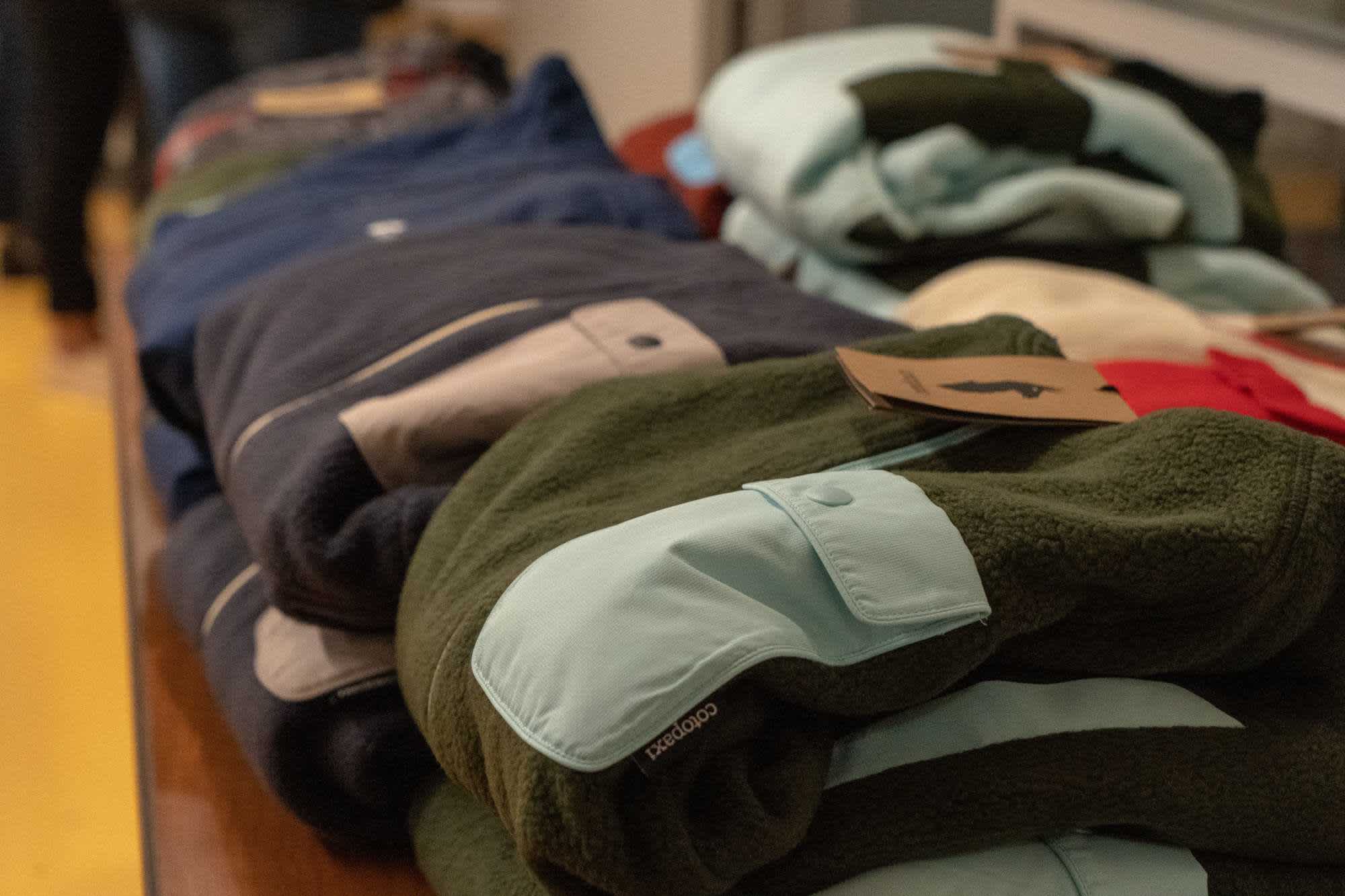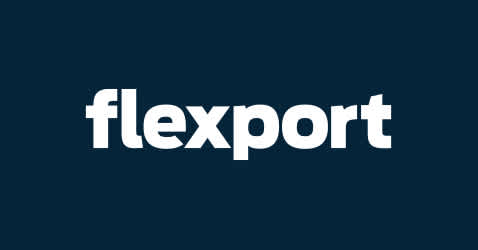
2019 年 07 月 17 日
Cotopaxi + Flexport: Donating Damaged Goods to 200 Bay Area Families
Cotopaxi + Flexport: Donating Damaged Goods to 200 Bay Area Families
When some of Cotopaxi’s products experienced water damage during transit, the B Corporation certified outdoor-wear company did its best to salvage the 451 affected jackets, fleeces, and vests. It didn’t want to send potentially imperfect goods to full-paying customers. Rather than destroy the goods during the insurance claim process, which is usually required but does not meet the company’s ethical standards, Cotopaxi partnered with Flexport Insurance and Flexport.org to make a donation possible.
Water damage is more common with ocean shipments than you might think — even well-packaged goods can be placed into a leaky container or experience some kind of accident while in transit. Cargo insurance usually covers damaged goods (although always check the fine print and exceptions), but typically the insurance company requires a certificate of disposal before fully paying out the claim.
Flexport’s insurance team, however, was able to negotiate the product donation as an alternative to destruction, which fits perfectly with Cotopaxi’s creed to ‘Do Good.’ They focus on reducing poverty and supporting community development. According to Annie Agle, Director of Impact at Cotopaxi, “We try to avoid and reduce waste whenever possible, which is why it was a no-brainer for us to donate the damaged goods rather than destroy them. I would hope that all companies out there take this easy, proactive step. Thanks to Flexport who provided an alternative option, we were able to put the damaged product to use and advance our mission.”
After Cotopaxi and the Flexport insurance team worked out the claim details, Flexport.org was able to step in and begin searching for donation recipients. This unique situation meant that the search required the team to step over some roadblocks. For instance, some nonprofits aren’t able to accept even slightly damaged goods, and others aren’t able to accept such large shipments. But, using Flexport.org’s expansive network, the team was able to zero in on the right match: Compass Family Services, a San Francisco-based nonprofit focused on helping families experiencing homelessness.
This meant that the goods needed to be shipped from Cotopaxi in Salt Lake City, Utah to the nonprofit in San Francisco, California. Insurance claim payouts usually include the costs of transit and destruction of damaged goods, but since Cotopaxi was donating, not destroying, the jackets, they were responsible for shipping them. To facilitate the transport, Flexport.org discounted the freight costs and paid for 25% of the shipment to support the donation.
The Donation
Compass Family Services organized small distribution settings with pre-offered and selected sizes, so everyone would be able to get a size that fit, to ensure wearability. Almost all of the jackets were distributed within just three weeks, to more than 200 families during an extended cold and rainy season.
Many of the recipients were single mothers or residents in the nonprofit’s temporary family shelter, a two-year transitional residential program for families who are homeless and waiting for shelter services in San Francisco.
To learn more about how your company’s supply chain can make a positive impact, visit flexport.org. Also, you can hear Cotopaxi Founder and COO Stephan Jacob speak at FORWARD 19, Flexport’s upcoming conference on shipping and supply chain management. Jacob will be participating in a session focused on sustainability, called Matching Business Needs to Sustainability and Social Responsibility.



